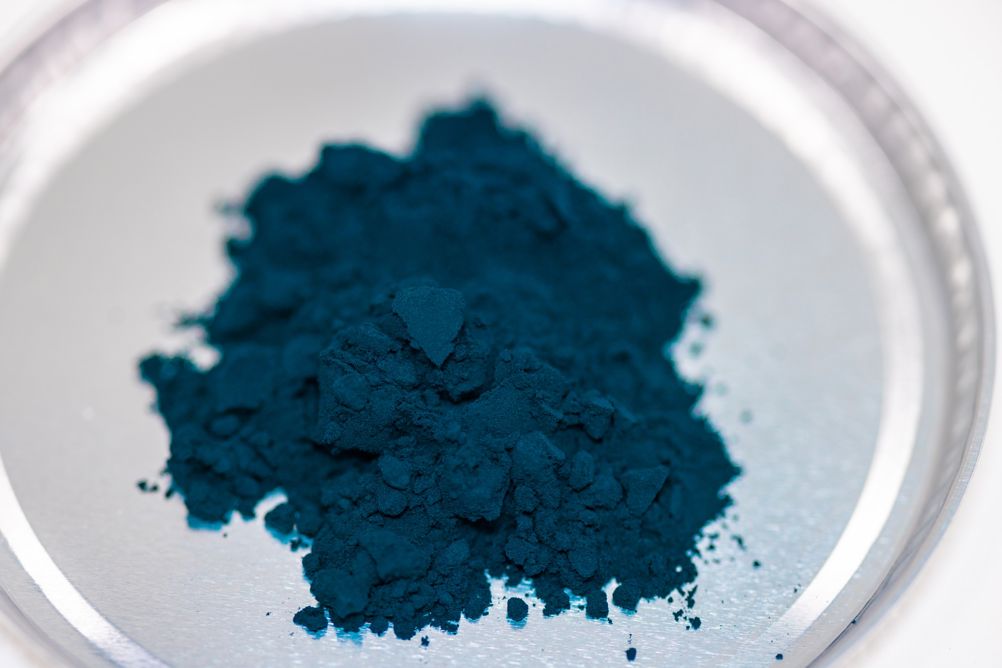Validated at the company’s Northvolt Labs R&D campus in Västerås, Sweden, the new battery chemistry promises to be cheaper, safer and more sustainable than lithium-ion technology. The sodium-ion cell is based on a hard carbon anode and a Prussian White-based cathode. Prussian White is the fully reduced and sodiated form of the pigment known as Prussian Blue and is formed primarily of sodium, iron, carbon and nitrogen.

According to Northvolt, the new battery chemistry is free from lithium, nickel, cobalt and graphite. As well as the obvious sustainability benefits, this should also enable regional supply chains independent from existing global materials streams, reducing volatility and the emissions associated with battery production dependent on rare elements from around the globe.
“The world has put high hopes on sodium-ion, and I’m very pleased to say that we’ve developed a technology that will enable its widespread deployment to accelerate the energy transition,” Peter Carlsson, co-founder and CEO of Northvolt said in a statement.
“It’s an important milestone for Northvolt’s market proposition, but battery technology like this is also crucial to reach global sustainability goals, by making electrification more cost-efficient, sustainable and accessible worldwide.”
Related content
At 160Wh/kg, the first generation of the sodium-ion technology will not be able to compete with lithium-ion for energy density, which is approaching 300Wh/kg. As such, Northvolt expects the initial market to be applications where space is not at a premium, such as grid-scale storage.
Due to sodium-ion’s safe operation at high temperatures, Northvolt sees the emerging energy storage markets in places such as India, the Middle East and Africa as potential opportunities for the technology. As the energy density improves over time, electric mobility applications may come into play.
“Our sodium-ion technology delivers the performance required to enable energy storage with longer duration than alternative battery chemistries, at a lower cost, thereby opening new pathways to deploying renewable power generation,” said Carlsson.
“The potential of sodium-ion in this market alone will make a tremendous impact in the drive towards global electrification.”











Guest blog: exploring opportunities for hydrogen combustion engines
"We wouldn't need to pillage the environment for the rare metals for batteries, magnets, or catalisers". Batteries don't use rare...